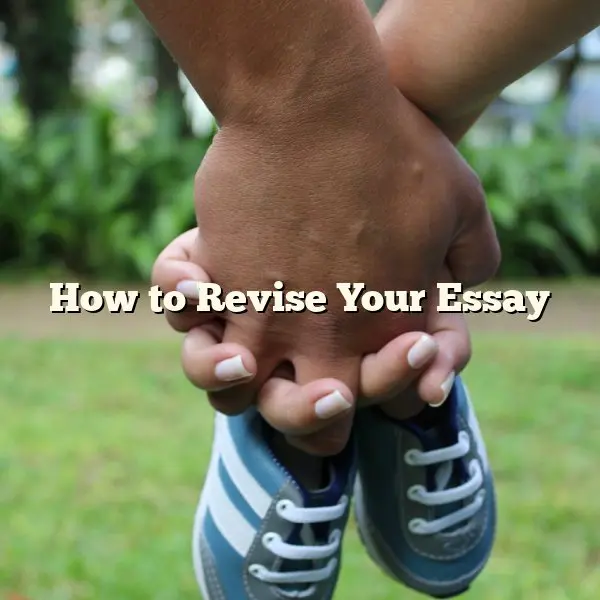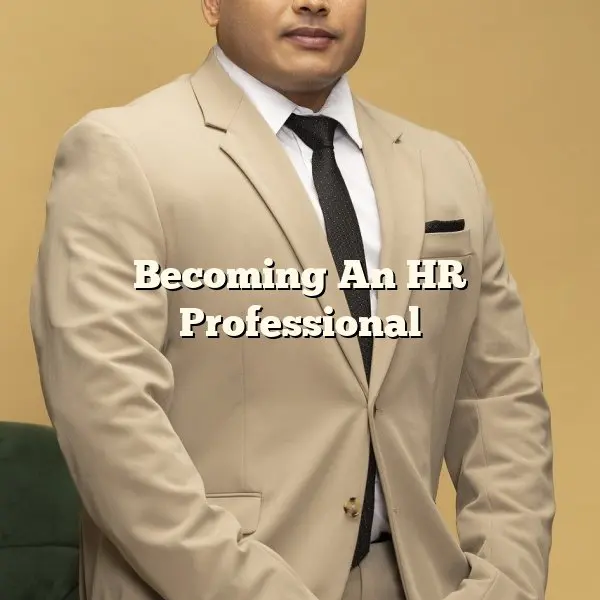Now that you have given yourself that congratulatory pat on the back for finishing your essay, it is time to get some real work done. You can now print out your first draft and get out your red pen because it is time for you to revise your essay.
But not so fast. Before you jump in and cross out each awkward phrase you aren’t particularly happy with, you could do very well with getting some rest and time away from your essay. Revision is most effective if you let the words and ideas fly out of your head for a while and catch up with the rest of your life. Go for a walk, get some dinner or, better sleep on it. When you are refreshed and relaxed, you will be stunned to discover things about your essay that you never realized when you were writing it or shortly after finishing it.
When you are ready to start revising, it is important that you let go all of your attachments to your first draft. It may be tough to accept the undeniable fact that the first draft you were extremely happy with will very definitely not be the final draft that your readers get to read. It helps to take yourself out of your writer’s shoes and imagine yourself to be one of your readers. Think about that. If you were someone else, would you read your first draft? Would you be impressed by it? Would you remember it? Would it move you to pursue action? That's the mind-set you need to have when you're revising.
Start by taking a quick look at the big picture. Read through your first draft, not minding any glaring typos or language inaccuracies that leap out from the paper, to make sure your essay does not contain logical or structural issues. Do all of your disagreements flow coherently from a single thesis statement? Do they all strengthen the essay’s main point and are indispensable? The answer to these questions determine whether your essay needs a major overhaul or simply a bit of changing.
When you have got the huge picture down pat, it is time to take a look at the little details. Little though they are it’s vital that the small details be pressed clean and perfect. Your audience will most probably not finish an essay full of grammar mistakes, so be aware of them. Take things one at a time, though, because this part can get boring. Start with the best first,eg nouns, pronouns and other bits of speech before heading off to more complicated elements such as sentence structure, tone and voice.
Kate Moose is a professional essay writer. She writes articles and develops techniques to help you enhance your essay writing abilities.



